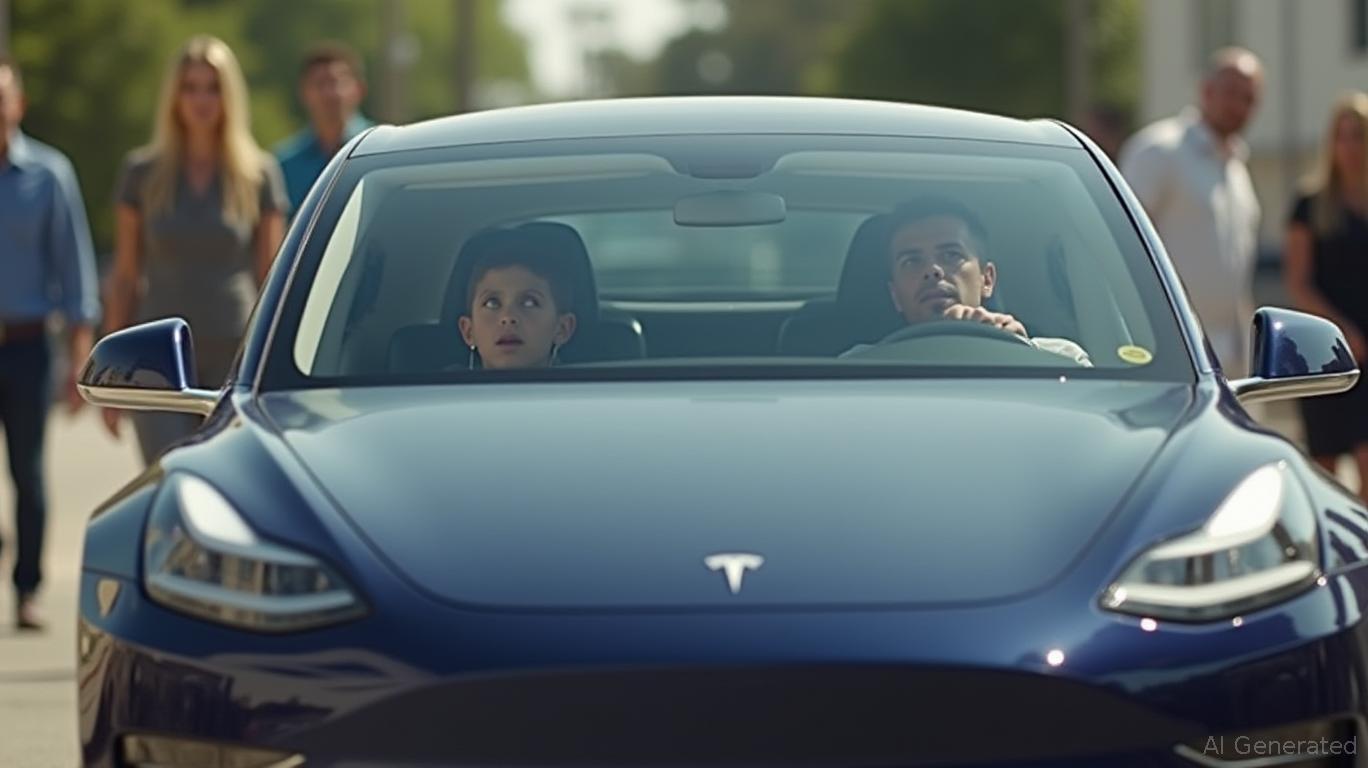Parents Trapped in Tesla Due to Undetected Battery Malfunctions Reveal Concealed Safety Issue
The U.S. National Highway Traffic Safety Administration (NHTSA) has launched a probe into around 174,300
NHTSA stated the malfunction seems to be caused by the car’s electronic door lock system not getting enough voltage from the battery. Service records show that the low-voltage battery was replaced following these incidents. However, none of the vehicle owners reported receiving any warnings about low battery levels before the door handles stopped working. This has led to doubts about the dependability of the vehicle’s power system for essential safety features such as door access.
The agency pointed out that, although Tesla vehicles are equipped with manual door releases inside, children may not be able to locate or use these features in emergencies. This represents a significant concern in terms of both design and user awareness regarding safety systems in electric vehicles. NHTSA’s preliminary investigation is focused on understanding how widespread and serious the problem is, as well as evaluating the safety risks posed by electronic door lock failures.
This review is part of a larger set of safety examinations related to Tesla’s vehicles. In April, a college basketball recruit survived a fire in a Tesla Cybertruck by pouring water on himself with a bottle while struggling to open the door after a crash. In another incident, a lawsuit in Los Angeles Superior Court claims Tesla’s design flaw resulted in a driver being trapped inside a burning Model 3, alleging negligence and fraud. Such incidents highlight persistent safety worries about Tesla’s engineering and vehicle features.
Tesla is also being examined by NHTSA for other aspects, including its “summon” function, which has reportedly led to minor parking lot crashes, and its driver-assist technology. In 2024, an inquiry was opened into driver-assist systems in 2.4 million Tesla vehicles after several collisions during poor visibility, including one fatality involving a pedestrian. Tesla is also under scrutiny for delays in reporting accidents, which is a violation of federal safety rules.
Elon Musk, the CEO of Tesla, is facing growing calls to resolve these challenges, particularly as Tesla’s sales have recently declined without signs of quick recovery. The brand’s standing among environmentally conscious customers has also been affected by Musk’s public support for President Trump and far-right European politicians. These factors have increased pressure on Tesla to manage both technical problems and public perception issues.
The NHTSA’s investigation into the door handle fault remains in its early stages, but if the defect is found to significantly compromise safety, a recall may be issued. Until then, the agency will keep tracking any entrapment reports and evaluate Tesla’s handling of the door lock power supply issue.
